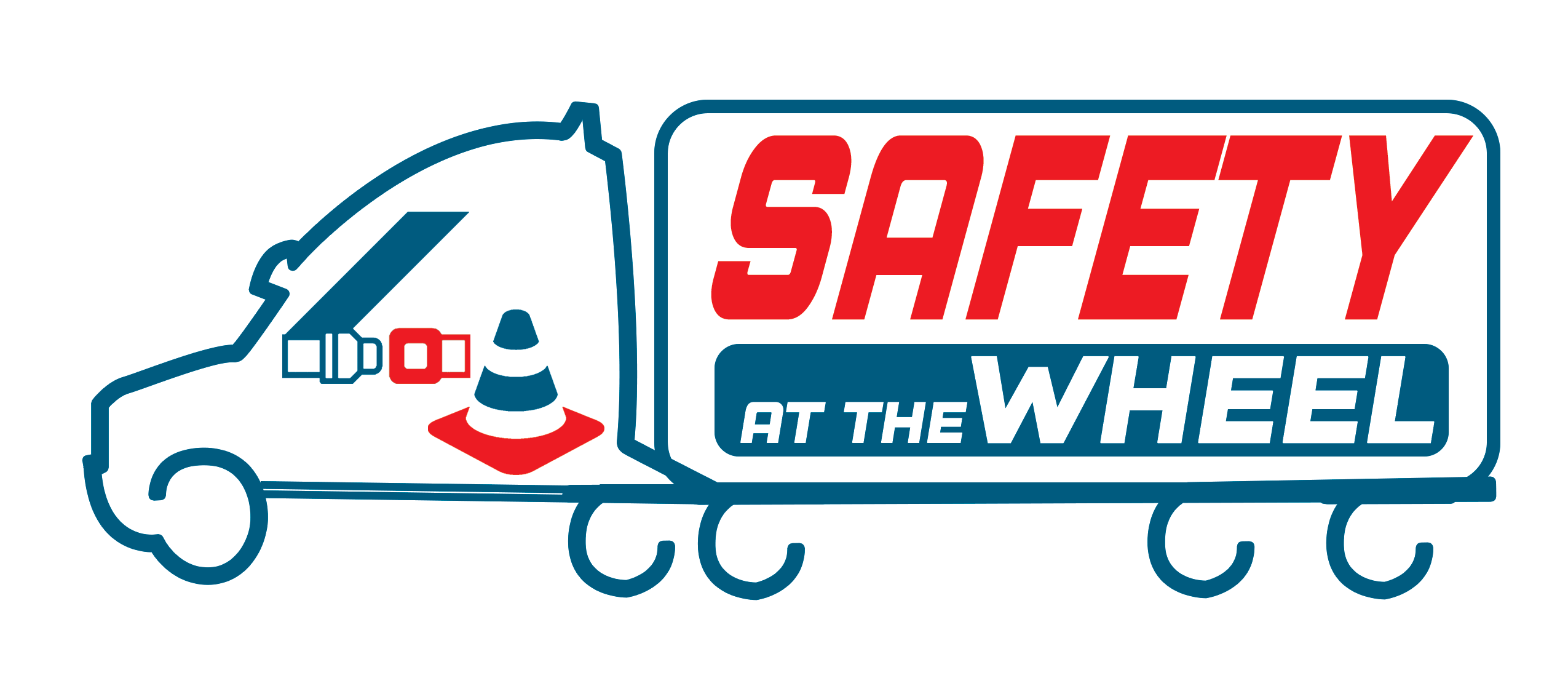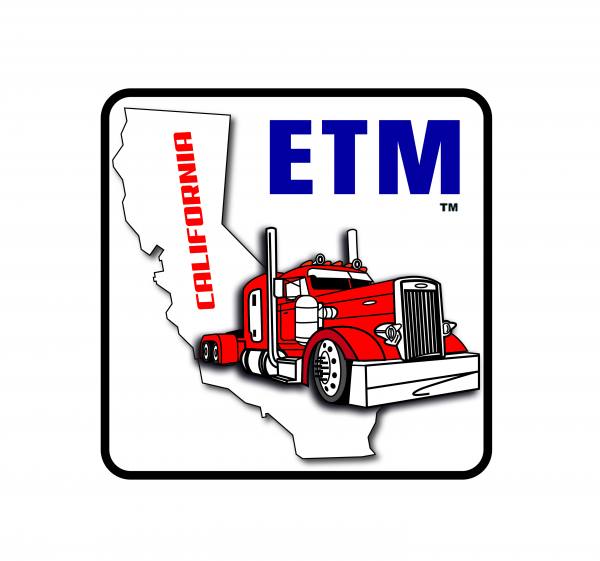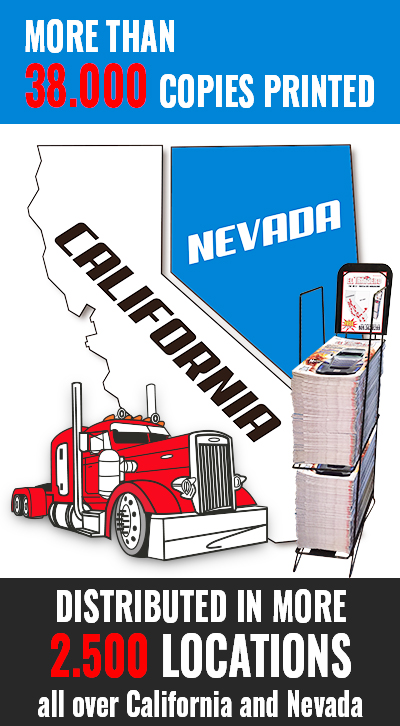 |
|
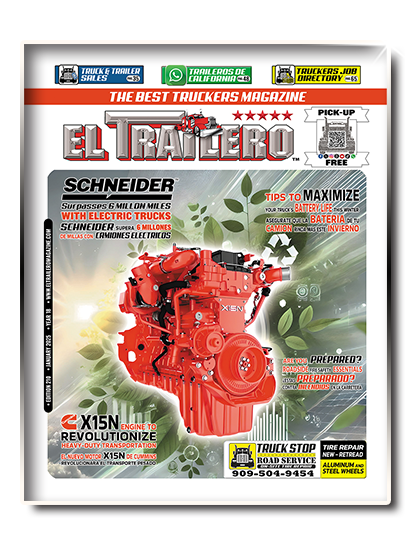 |
Get our FREE |

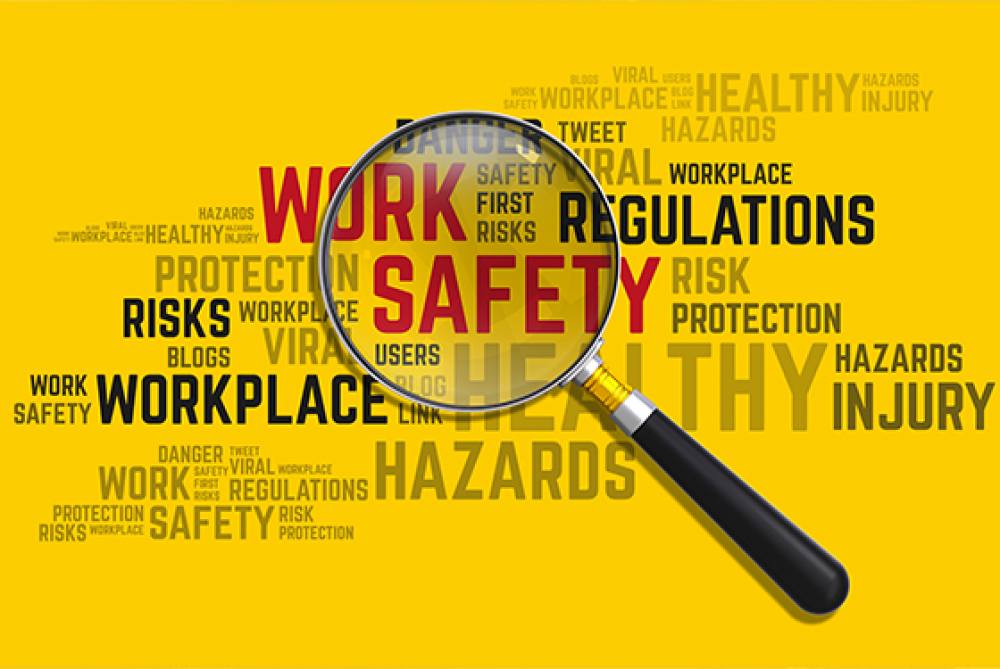
Safety is a genuine priority in your transportation company. This department is responsible for supervising all drivers and maintenance mechanics. Every company should adopt these measures to ensure the optimal performance of its drivers.
Safety as a Key Strategy
Safety not only protects your employees and drivers but also serves as a strategic tool for your company´s success. By reducing accidents, minimizing insurance claims, maintaining a solid mechanical upkeep record for your fleet, and strictly controlling drivers´ hours of operation, your company automatically becomes a safer choice for both clients and roadways.
Building a culture of safety strengthens the confidence of both drivers and maintenance staff working on your fleet and in the yard where trucks and trailers move. This approach not only demonstrates that you care about people´s lives but also raises awareness, encouraging safer driving practices to protect your life and the lives of others on the road.
How to Build a Culture of Safety
1. Dedicated Leadership
Appointing a safety officer is the first step. This leader should have adequate resources to enforce both DOT safety regulations and internal company rules.
2. Integrate Safety into Daily Operations
Talking about safety is not enough; it must be a part of every activity, from meetings to daily operations. Make it a daily habit within an environment where everyone feels accountable.
3. Continuous Training
Safety education must be ongoing and tailored to the real challenges drivers face, such as dealing with adverse weather or mechanical issues. Training on properly using the logbook is essential. Frequent education helps develop safer drivers.
4. Leverage Technology
Utilizing cameras and monitoring systems installed on fleet units and throughout the yard provides valuable real-time data on risks and behaviors. These systems help refine and improve safety strategies.
5. Listen and Improve
Involve your drivers in the process. Their feedback and experiences are crucial to adjusting policies and maintaining safety as an ever-evolving standard.
When safety becomes a core principle, your company not only complies with regulations but also positions itself as a reliable and professional industry leader. This approach fosters trust, improves outcomes, and strengthens your reputation in the transportation market.
Every October, the Commercial Vehicle Safety Alliance (CVSA) teams up with the California Highway Patrol (CHP) to conduc...
read more...Long hours behind the wheel, the loneliness of the open road, and overnight stops at remote truck stops can push many dr...
read more...The Federal Motor Carrier Safety Administration (FMCSA) has announced two pilot programs aimed at exploring more flexibi...
read more...The California Air Resources Board (CARB) has approved a set of emergency regulations to maintain certainty in the new-v...
read more...